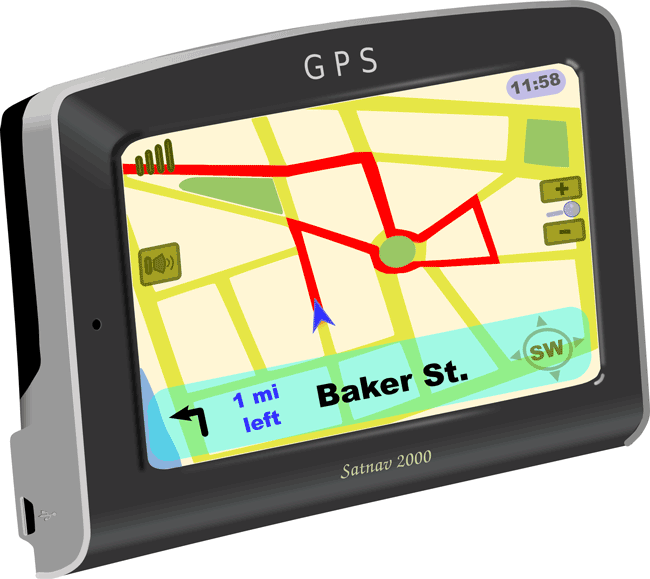I qualified in 1999 and, because I drew the short straw and was a new graduate, I saw in the millennium with a friendly little Yorkshire terrier as it recovered from a seizure. I’ve spent New Years’ in worse company.
Although the idea seems almost inconceivable to me, 1999 was actually a long time ago – nearly 20 years, in fact, which is a concept that makes about as much sense to me as homeopathy. Lots has happened since then – six Star Wars films, two new editions of Dungeons and Dragons, the unwelcome return of nationalism and the beginning of the end of liberal democracy.
For my own part, I have been the co-creator of two other humans, as well as changing career from general practice to clinical pathology, but these are relatively recent developments. I have also reached a stage where I literally can remember when vast housing estates were once fields; so, with this in mind, I thought it might be interesting to look back and see what has changed in the profession since we started putting a “2” at the start of the year.
Back in the day
When I began my first job in mixed practice, things were very different. There were mixed practices, for a start – you could still genuinely find a job where they rota you out for an afternoon or a day of “large animals” after spending a morning doing small animal consults and ops; such jobs are as rare as Adam Henson’s breeds nowadays (as he never fails us to remind us on Countryfile).
My first few jobs had a “practice mobile”, which I thought was pretty nifty just a few years after I thrilled to get my pager, which actually sent me a message in text (imagine that) rather than an anonymous phone number.
The practice mobiles I encountered were small, but solid lumps of plastic, as indestructible as an aeroplane’s black box. If you were extremely lucky, you could play Snake on them while you were waiting for your clients to meet you at the surgery.
Living the life

My first few jobs also came with a practice house and a practice car: these weren’t perks, as such, but just an expected part of the package. It may have been a holdover from the days when you weren’t starting a career, you were starting a life – in Herriot’s day, the idea that work and life could be separated – let alone balanced – must have seemed crazy, although that was already changing by the time I started.
And sat navs… oh man, I would have wrestled a silverback naked if it meant I could have got hold of a sat nav in my first years, fun as it was to attempt to find farms in the middle of the night with an Ordinance Survey map balanced on my steering wheel (although I’m aware most sat nav’s ability to find isolated rural places is about as good as dropping a pin in your map from the top of the car, but at least it’s some company).
Something else has changed, of course – which is really the reason for me writing the blog.
We wuz robbed
I don’t often take extended trips down memory lane – after all, I’ve seen it all before, and you can’t get Netflix down there – but there’s something that I wanted to talk about. You see, I’ve started to think about my generation of vets as a cheated generation. That’s probably unfair of me, but the feeling has persisted and grown stronger.
When I was working through vet school, and in my first few jobs, it was understood, if not explicitly stated, that eventually, if we wanted it, we would become partners in a practice. That was the goal a lot of us were working towards. Something happened, though. More specifically, the RCVS said anyone could own a veterinary practice, not just vets.
It might have seemed a laudable goal, breaking a monopoly that professionals had on their own business (although I suspect the true reason that stance was changed to avoid it being challenged in court), but we all know how it ended up, and what is likely to happen in Ireland over the next few years – where the rules on this were changed a few months ago.
No longer an option
Although a few of my classmates did go on to become partners in practices, quite a few more of them found that option taken away from them; when it comes to your retirement and you’re offered a normal sum to buy into the business by a group of your colleagues, or twice that sum by a large corporation, human nature rather takes care of your colleagues’ ambitions to own a business.
Partnerships, as I understood them when I was training, are largely as much a thing of the past as practice mobile phones. Even small limited companies, with vets as directors, are rapidly disappearing to make way for the corporate practices. The career path I expected while I was training and during my first years in practice has mostly vanished.
View from the top(ish)

Practices still need bosses – they’re called clinical directors now or somesuch – but these jobs, as far as I can tell (and I speak from very brief personal experience here) involve many of the same stresses that old partnerships involved – dealing with financial issues, complaints, staff management and so on – but without any of the feeling that you own the place. And at a fraction of the salary (again, in my own experience, clinical directorship came with a £5,000 salary supplement, as opposed to the six-figure salaries) that most practice partners enjoyed right before the corporates moved in.
The problem with memory lane, of course, is things look rosier the longer you spend. Looking at the stress levels of some of my colleagues who achieved partnership, I suspect it was probably a good thing the bank told me and my colleagues there was no chance we could afford to match what a corporate had just offered to buy the practice we were looking into getting – but then, I suspect I was never management material.
No going back
Personal abilities aside, I do wonder about the future of our profession. Without partnership, is there a defined career path for us to follow? It’s hard to say, because the corporate wheel is very much still in spin, but having spoken to opticians, whose own profession experienced a similar upheaval several years ago, I can’t say that I’m entirely optimistic.
The change in the profession is inescapable, and irreversible, and even in the misty-eyed days of James Herriot, the job was far from perfect (just read the lives and problems of the real figures those characters to understand how romanticised the books were) and I am, of course, rapidly descending the slide of middle age to land in the grumpy old gits pool, so maybe “cheated generation” is a little bit strong.
After all, whatever happens to our profession, and whatever we’re doing in the future, at least we’ll be doing it with smartphones and sat navs.

Leave a Reply